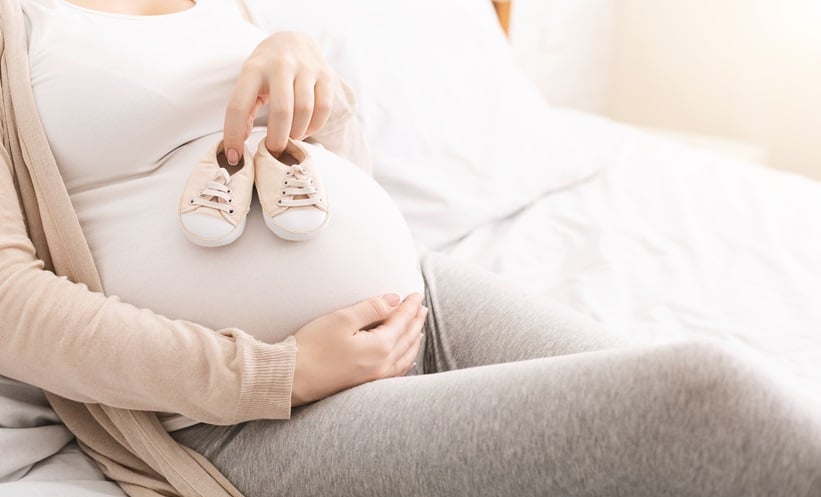UTERUS transplant may be feasible and safe for a select group of women with uterine factor infertility. The study, conducted by researchers from Northwestern University, Chicago, Illinois, analysed data from The Dallas Uterus Transplant Study (DUETS), with the aim of investigating the feasibility, safety, and outcomes of uterus transplants for women with uterine factor infertility. This condition prevents pregnancy due to an absent or non-functional uterus.
Researchers conducted a case series involving 20 women with uterine factor infertility, who had at least one functioning ovary, and underwent uterus transplants between September 2016 and August 2019. Prior to transplantation, all participants underwent IVF. The study also included 18 living donors and 2 deceased donors. Donor criteria included age 25-65, at least one prior live birth, and no significant medical or psychological issues. Post-transplant, recipients were monitored through pregnancy, delivery, and eventual hysterectomy, followed by the cessation of immunosuppression. Outcomes measured included the success rate of live births following successful uterus transplantation, alongside evaluating the associated risks and complications for both donors and recipients.
Out of the 20 women, 14 had successful uterus transplants, all of whom gave birth to at least one live-born infant. No congenital abnormalities or developmental delays were observed in the 16 live-born infants. However, 50% of the pregnancies involved maternal or obstetrical complications, such as gestational hypertension (n=2), cervical insufficiency (n=2), and preterm labour (n=2). Among the donors, 22% experienced postoperative complications requiring surgical intervention.
Overall, the study demonstrated that uterus transplantation is a feasible and potentially effective treatment for uterine factor infertility, with a high live birth rate following successful transplantation. However, the procedure is associated with significant risks, including high rates of morbidity among both donors and recipients. Long-term follow-up is necessary to assess any enduring effects on the health of both the recipients and the children born from these transplants.
Abigail Craig | EMJ
Reference
Walter and Jungheim. Uterus Transplant-The Frontier of Innovative Fertility Treatment. JAMA. DOI:10.1001/jama.2024.13548.








